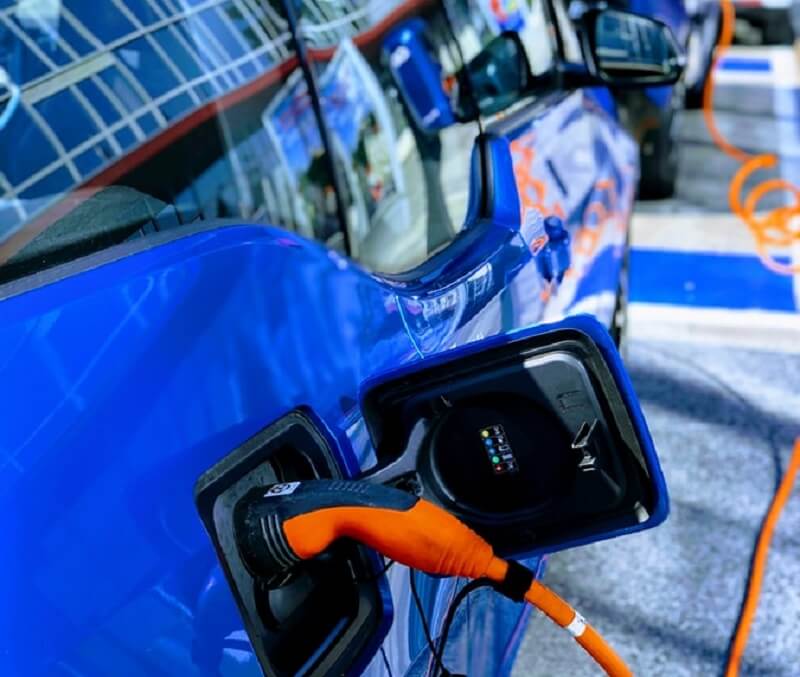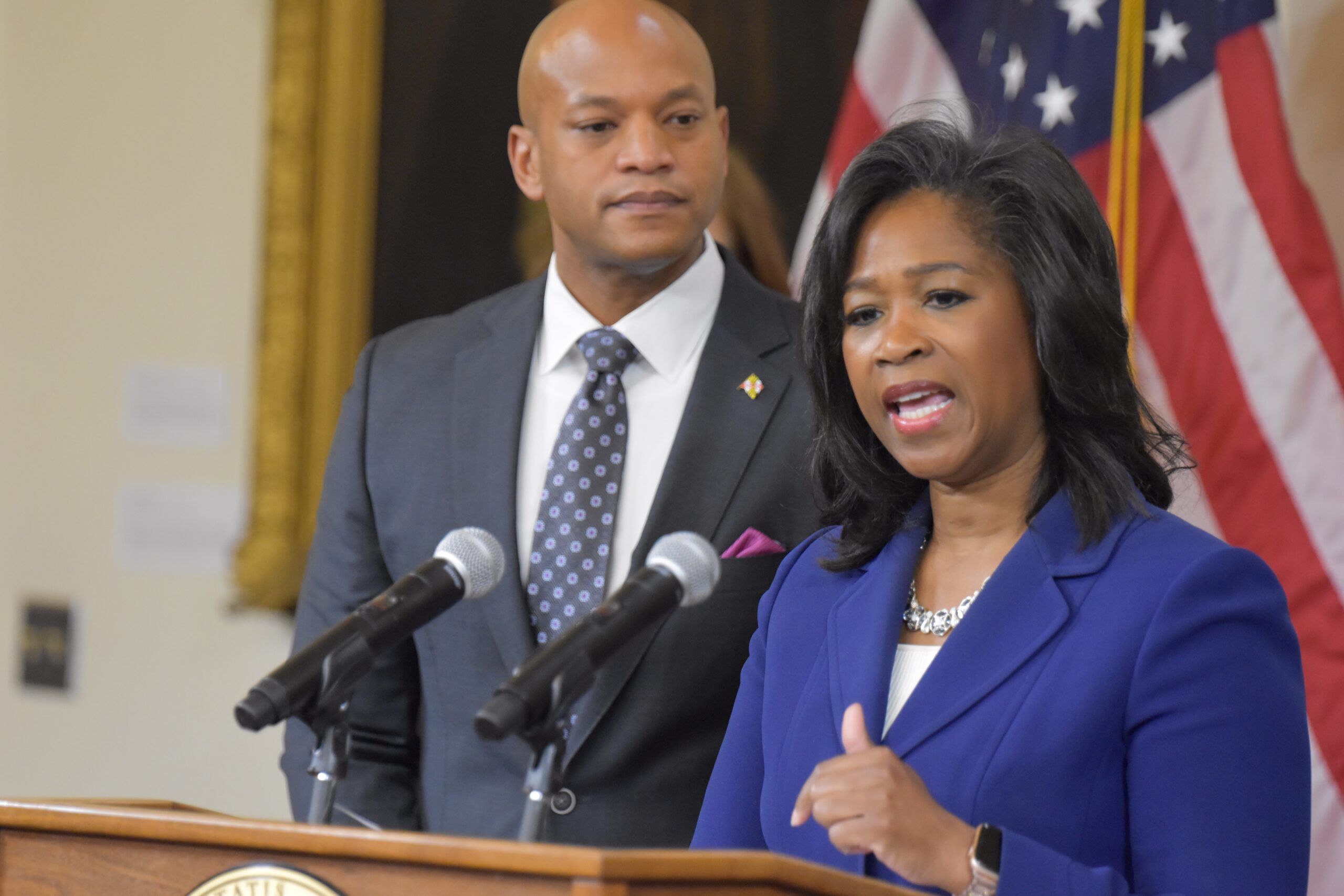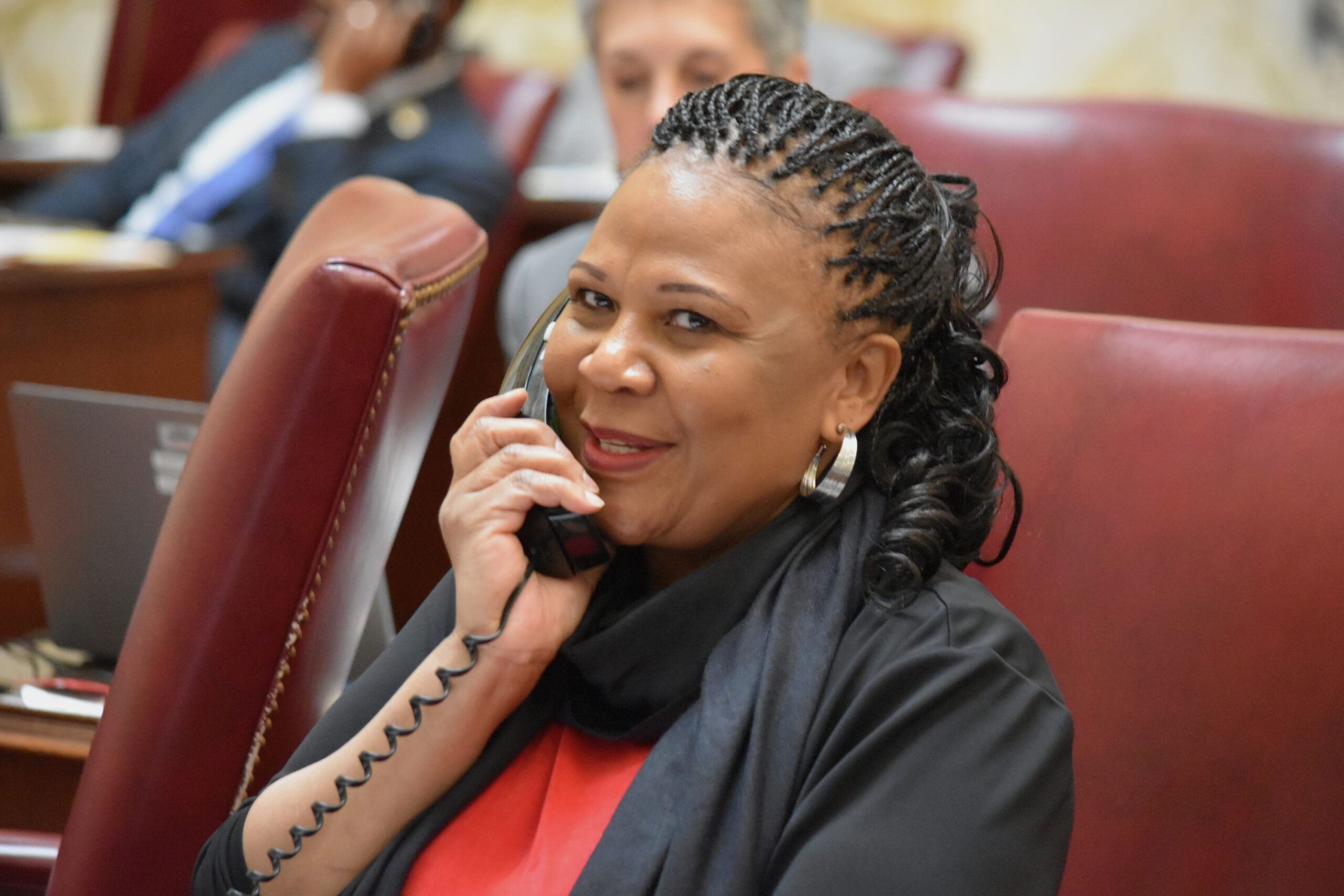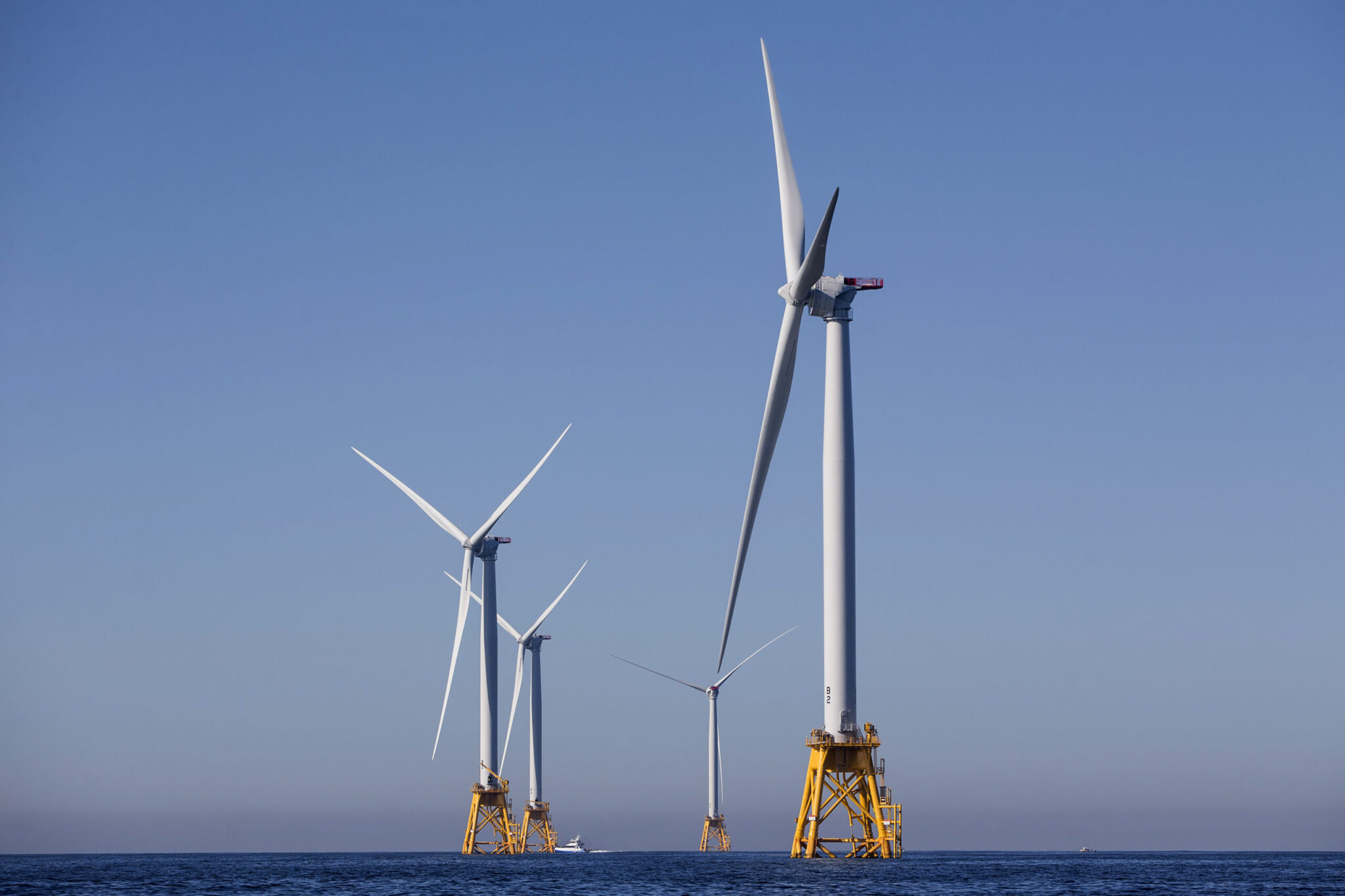Climate Commission Ponders Task Ahead: Helping to Implement New Law

The Maryland Commission on Climate Change discussed The Climate Solutions Now Act and environmental justice Thursday, at one of its first meetings since the landmark climate bill passed through the General Assembly this spring.
Commissioners at the virtual meeting scheduled a public presentation to discuss some of the challenges state policymakers will face in implementing the new law.
The Climate Solutions Now Act requires the state to reduce greenhouse gas emissions by altering emissions and clean energy goals, establishing a net-zero greenhouse gas emission target and developing “efficiency and emissions reduction requirements” for certain buildings, according to the bill’s synopsis.
The law also requires electric utilities to increase their annual incremental gross energy savings, establishes zero-emissions vehicle requirements for the state fleet, and creates an electric school bus pilot program. The bill went into effect on June 1.
Michael Powell, the co-chair of the climate commission’s Mitigation Working Group, one of four commission subcommittees, said he and his colleagues are focused on two issues: transportation and energy generation.
The climate commission is focusing on reducing emissions from the transportation sector — specifically cutting the use of gasoline — and helping advance the electrification of the state by promoting renewable energy use, Powell said.
Powell said the state needs to reduce its greenhouse gas emissions by 35 million metric tons within eight years to meet its goals, and more than half of that amount — 18.4 million metric tons — is generated by vehicles powered by gasoline.
Powell is an environmental and energy lawyer and lobbyist whose clients include energy and manufacturing companies.
As they discussed energy policy, members of the commission veered into a conversation about environmental justice and what the new climate law does to address the issue.
As the number of registered electric vehicles increases in Maryland, policymakers and the public are debating where the state should place the increased number of chargers to accommodate them.
“There’s a lot of federal money coming down to put chargers along highways,” Powell said.
Other commissioners claimed that the majority of charging would take place overnight in a resident’s private garage. The poorest residents could be left out of the incentive programs to bring more electric vehicles to the state, they warned.
The other mission of investing in renewable energy raises its own set of challenges, members of the commission said.
“We care a lot about renewable energy. But the truth is the pace of building new solar farms in Maryland has slowed,” Powell said.
There are just seven facilities in the state that require Certificates of Public Convenience and Necessity, which is needed for large-scale renewable energy projects, according to the commission.
Powell listed some potential factors that could be responsible for the lack of facilities in Maryland, including difficulties in getting state certification and a Trump administration tariff on certain Chinese manufacturing products.
But he ultimately attributed the phenomenon to opposition from neighborhood groups that do not want a renewable energy facility near their homes.
“I don’t think it’s coincidental that half of all the solar farm capacity in the state is on the Eastern Shore, where opposition has been a little less stringent,” Powell said.
The commission plans on having work group meetings from July until December, and aims to create a set of recommendations to submit to the General Assembly for ways to implement the new climate law. It will not be an easy task, members asserted.
“This is really hard to cut that 35 [% of greenhouse gas emissions],” Powell said. “If we eliminated every single car, truck and vehicle in the state tomorrow, we would not achieve that number.”
Sen. Paul Pinsky (D-Prince George’s), the lead sponsor of the Climate Solutions Act, said that on top of the monumental task of making the state more sustainable, some industries and powerful figures in the state want to maintain the status quo. The climate commission, Pinsky said, has to remain focused on its mission and the overall goals of the new bill.
“We have to let science lead, not private capital,” he said.





 Creative Commons Attribution
Creative Commons Attribution